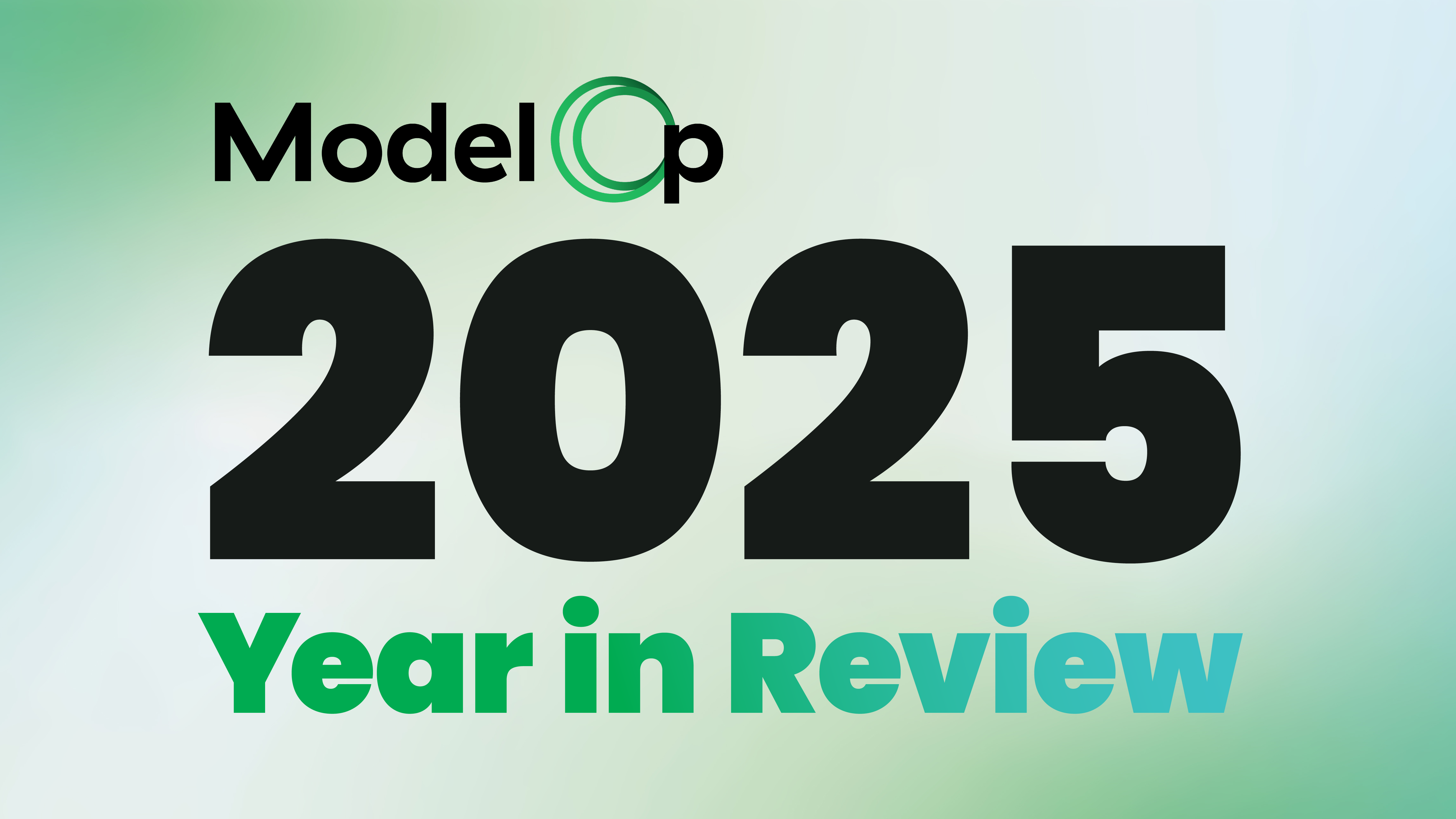
Shopping today is more connected and personal than ever before. Artificial intelligence is changing how people discover, choose, and buy products. It is no longer just about showing up at checkout. Businesses now aim to meet customers earlier, guide them toward their needs, and simplify each step.
This shift is shaping what many call AI-Powered Commerce. It offers faster decisions, easier purchases, and experiences built around real customer preferences. The challenge is to do this while keeping trust and privacy intact.
Mitesh Shah, Lead Product Manager for AI Personalization and Agent eCommerce at PayPal, is helping lead this change. He uses PayPal’s transaction data to design experiences that work for shoppers and merchants while protecting personal information.
His career includes leadership roles at Amazon, Uber, and Block, where he built tools that helped over half a million small businesses, scaled AI platforms, and developed intelligent digital commerce agents.
With a degree from the Indian Institute of Technology Bombay and an MBA from Harvard Business School, Mitesh blends technical skill with a focus on making advanced tools easy for everyone, from small shop owners to global brands.
This article will examine how PayPal uses AI-Powered Commerce to make shopping more personal and efficient. We will explore how it connects with customers earlier, works with AI shopping agents, keeps personalization responsible, and creates simple tools that help businesses grow.
PayPal’s Move to AI-Powered Commerce
PayPal is shifting from a simple payment option to a platform that supports the entire shopping journey. The aim is to help shoppers and merchants connect earlier, not just at checkout.

Engaging Before Checkout
Instead of showing up only when payment is due, PayPal wants to be there from the start. When someone visits a store’s site, PayPal can use past purchase data to suggest products that match the shopper’s style, price range, and interests. This saves time and makes browsing easier.
PayPal is also working on ways to let people buy directly from ads or social posts. Customers could see a product, pay instantly through PayPal, and skip extra steps.
Powering AI Shopping Agents
More people are now shopping with AI tools. They ask these tools to find items, compare prices, and even complete purchases.
PayPal plans to work with these AI agents to give better recommendations using real purchase history. This helps match suggestions to actual buying habits, not just search patterns.
Main Challenges to Solve
- Payments for AI agents – Creating secure, flexible systems for subscriptions, single purchases, and invoices.
- Better shopper insight – Using data from many merchants to give a complete view of buying habits.
Building for What’s Next
PayPal is preparing for a future where AI and personalization shape shopping. This means testing new ideas, learning from mistakes, and adjusting fast. The focus is on giving shoppers and merchants tools that work across the full journey.
Whether buying through a website, an ad, or an AI agent, PayPal wants to make the process simple, secure, and personal from start to finish.
Balancing Personalization with Privacy in AI-Powered Commerce
PayPal is known as a safe way to pay, especially on sites people do not fully trust. This reputation is a key strength and must not be risked for short-term gains in AI personalization.

Responsible Personalization from the Ground Up
Personalization starts with privacy in mind. PayPal uses anonymized data or groups people into broad cohorts instead of tracking individuals. Some cases benefit from detailed personalization, but others work better with less data.
Users have full control. They can:
- Opt out of personalization entirely
- See a history of how preferences shaped recommendations.
- Remove or adjust those preferences at any time.
This transparency and control, helps build confidence and encourages more people to use AI features over time.
Responsibility Built into Product Design
Privacy is built in from the start. Legal and security experts work directly with product managers, designers, engineers, and data scientists. This team approach ensures fairness, bias checks, and safety are considered during the earliest design stages, not added later.
Staying Ahead of AI Regulation
Laws such as the Colorado Consumer AI Act and California’s AB 2013 guide how companies handle bias, human review, and training data disclosure. Many rules will take effect in the future, but PayPal applies its principles now by:
- Running bias and impact assessments
- Keeping human review for high-risk AI
- Recording how models influence results
Adopting Technology with Purpose in AI-Powered Commerce
New tools are only adopted if they solve real problems. The main question is whether small businesses and non-technical users can benefit. By focusing on practical results instead of hype, PayPal keeps innovation useful and protects the trust it has earned.
Making Technology Useful for Small Businesses through AI-Powered Commerce
A key focus is closing the gap between advanced technology and the needs of everyday businesses. Many small companies still rely on manual processes, even while new tools emerge in tech hubs.
The aim is to take these innovations and make them work for people who lack access to the latest systems.

Learning from Real-World Use
Experience in manufacturing and commerce shows that the best tools are simple and direct. Working with micro-entrepreneurs, such as farmers, market vendors, or food truck owners, revealed a common pattern.
They mainly want answers to two questions:
- How did my business do today?
- What can I do to improve it?
Large dashboards and detailed analytics may look impressive, but can overwhelm busy owners. When tools are easy to use and provide clear actions, people adopt them more readily and see faster results.
Convincing Leadership to Simplify
Data often points to complex solutions, but simplicity drives adoption. One way to convince leadership is to start with a small, high-value feature and release it quickly.
Showing early results builds trust and keeps teams motivated. This layered approach allows for steady growth without losing focus on user needs.
Common Mistakes to Avoid
Speed is important, but it must come with care. Rushing can cause serious issues, such as exposing private customer information in tests or shared files. Clear guardrails and strict processes are essential, especially when dealing with personal or transaction data.
The most effective path is to launch with a single feature that delivers clear value, keep it easy for users, and prove its worth quickly. From there, build on the success while maintaining strong protections for customers and the business.
Building Lasting Career Principles in AI-Powered Commerce
AI tools today can form highly accurate profiles from very little data. This makes them powerful but also risky. When a potential problem is found, the safest step is to stop, fix it, and move forward when it is safe. This “stop button” mindset helps prevent harm before it reaches users.

Strong Platforms for Data Protection
In large companies, many teams may work on AI at once. A shared platform with built-in guardrails keeps sensitive data safe. Every request passes through a central system that controls what can be accessed. This avoids mistakes and ensures that all projects follow the same rules, even when built by small, fast-moving teams.
Lessons for Career Growth
Several lessons stand out for building a strong career in product management:
- Keep the focus on the user. Technology should quietly improve the experience without being the main feature.
- Value non-linear careers. Changing industries or roles can add skills that make you more effective.
- Act without perfect data. Develop “product sense” by watching people behave and spotting patterns beyond numbers.
- Protect trust at all costs. If a product risks breaking trust, step back. Trust is hard to regain.
Celebrating Wins and Slowing Down
Small wins deserve recognition. Thank the people whose ideas or actions shaped the outcome, and celebrate as a team. This builds morale and keeps everyone engaged.
Outside of work, slowing down is just as important. Simple rituals, like hiking or making tea, give time to reflect and reset. These breaks help reduce stress, improve decision-making, and keep priorities clear.
Balancing strong safeguards, user focus, and personal well-being not only builds better products but also creates a sustainable and meaningful career.
Conclusion
PayPal’s shift into AI-Powered Commerce shows how technology can make shopping simpler and more personal. It helps connect shoppers and sellers earlier, making it easier to find the right products without extra steps. This approach combines useful AI insights with strong privacy protections, ensuring trust stays intact.
For small businesses, the focus is on tools that are easy to use and give clear answers. Business owners want to know how they are doing and what they can improve.
PayPal’s method of starting small, showing quick results, and then building further helps more people adopt new tools with confidence. It also reduces risks by keeping customer data safe from the start.
At the same time, PayPal designs its AI features with responsibility in mind. Privacy controls, human review for high-risk decisions, and bias checks are built into the process. This keeps innovation aligned with laws and public expectations before new rules take effect.
In the end, success in AI-Powered Commerce is not about chasing trends. It is about creating simple, safe, practical tools to help people. By focusing on trust, ease of use, and real results, PayPal sets an example of how technology can serve shoppers and businesses while protecting what matters most.
FAQs
What is the main goal of AI-Powered Commerce?
AI-Powered commerce aims to make shopping faster, easier, and more personal. It uses data to connect shoppers and sellers earlier in the buying process.
How does AI-Powered Commerce help customers discover new products?
It studies buying patterns to recommend items that match personal style, budget, and past choices. This helps customers find what they need without endless searching.
Can AI-Powered Commerce work with physical stores too?
Yes. It can link online profiles to in-store visits, offering personalized suggestions or deals when shoppers are on-site.
How does AI-Powered Commerce improve payment security?
It uses fraud detection, secure authentication, and real-time monitoring to protect transactions while keeping checkout smooth.
What role do AI shopping agents play in AI-Powered Commerce?
These agents can search, compare, and even buy on behalf of customers. AI-Powered Commerce provides them with accurate, purchase-based insights for better results.



